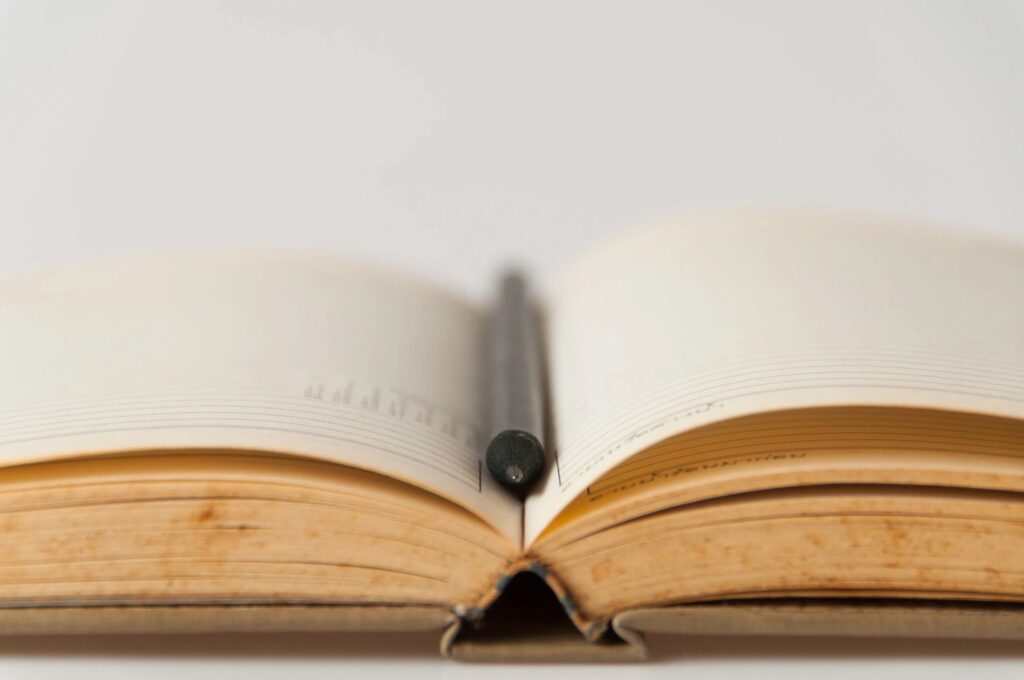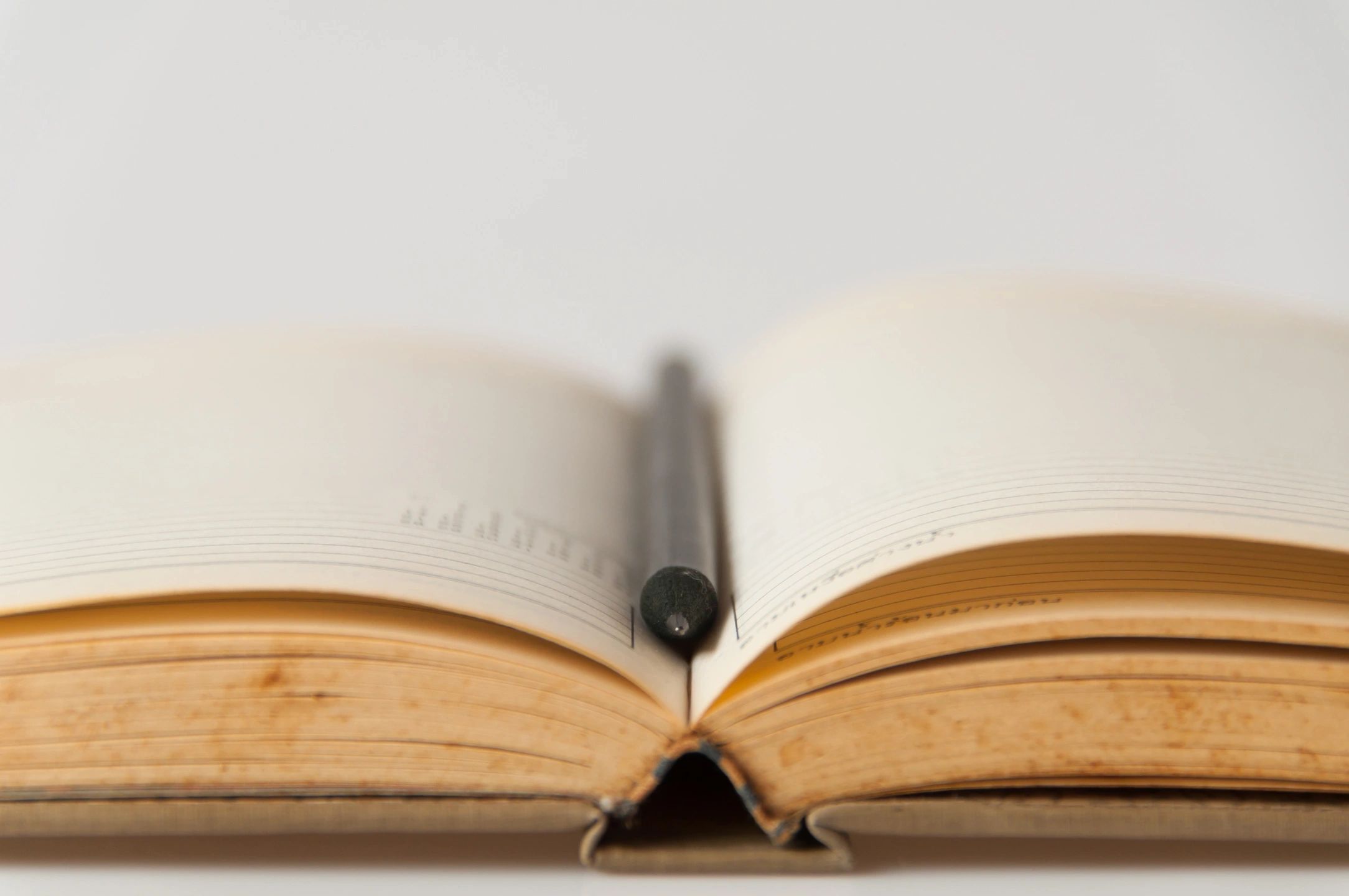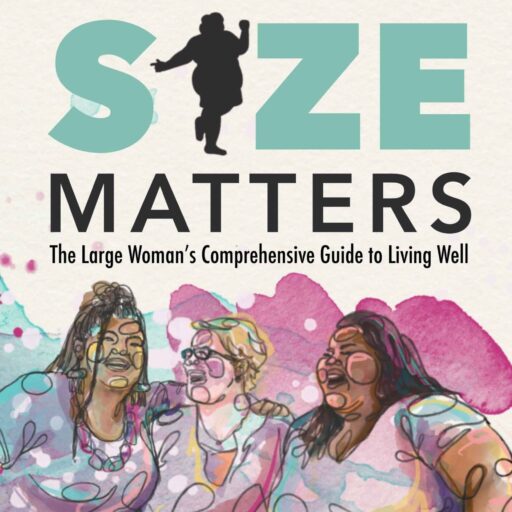This book is for every woman who has ever experienced what it is like tolive in the world as a large person. I have chosen the word “large” to describe myself and to talk about this subject because many of the other labels that have been applied to people who look like me feel problematic. For example, the word “fat” has been used like a weapon against me and others far too many times in my life to ever feel like I can embrace it. However, I fully respect and appreciate your right to use whatever language resonates with how you feel on the inside and on the outside. I have also struggled with words like “plus-sized” and, especially, “overweight,” because they seem to suggest that there is a range of sizes that is correct? normative? appropriate? And that anything above that range is not. The word “large” is descriptive and comparative without suggesting that there is a hierarchy that dictates what is normal among the sizes.
In American society, large bodies have been characterized as defective, deficient, and inferior. As a result, those of us who live in large bodies—like most marginalized people—are discriminated against. Recognizing this, in 2015, I wrote The Large Person’s Bill of Rights. It is a fairly comprehensive response, and call to action, for the ways that the experiences of people who live in large bodies have been devalued. The Large Person’s Bill of Rights is the basis for everything that is written in this book.
I have been an advocate for size equity since I was in my late teens. Back then, the revolution took place mostly in my mind, as I struggled to transform my relationship with my own body while Americans were simultaneously in the throes of a wave of obsession with thinness and weight loss, the ripples of which are still felt today. I had spent the preceding ten-plus years in the cycle of dieting (Weight Watchers, mostly; before the point system, it was cottage cheese, Melba toast, iceberg lettuce, and TaB—yuck!): losing some weight, then binge eating in an attempt tosoothe the excruciating feelings of deprivation; regaining the lost weight, plus ten or so pounds more; back to dieting; and on and on it went. As a teenage girl, my idol was Richard Simmons: I would sit on the floor along with him, cross-legged, desperately trying to absorb the love mantras that he would deliver at the end of his talk show each day—hoping that they would catapult me toward that highly-coveted dream of becoming thin.
It was a trip to Lane Bryant—which, sadly, some thirty years later, is still one of the few brick and mortar retail shops that is exclusively dedicated to selling clothes and accessories for large women—that ultimately shook me out of my hypnosis. The store was promoting a new fashion and lifestyle magazine, called BBW, for women who were size fourteen and up. It was beautiful and glossy, and the models were well-dressed and sexy. The articles were well written and chock full of positive affirmation. For the first time in my life, I could entertain the possibility that I, like my female family members and friends, like any woman on the street, could be beautiful. And sexy, to boot. It was revolutionary. And, in many ways, remains so. It is still an act of courage for a large woman to move through the world as if we believe that we matter, that we know our value, and that we expect the best that life has to offer. We can expect to be challenged. By the outright bigot who thinks nothing of hurling size-related insults at us. Or the “well-intentioned” friends and family members who don’t even think of us as players in the game of life. Or, worst of all, the internalized size bigot: the part of ourselves that has taken in all of the negative messages from society about who we are—that we are unattractive, sloppy, lazy, unintelligent, undisciplined, lacking ambition, unlovable, pitiable, even—and believes them.
One of the saddest things that I have ever heard was when Oprah Winfrey once said that despite all of her accomplishments, she would not feel successful until she was ableto achieve and maintain her weight loss goals. Wow. Oprah rose from the humblest of beginnings to become an internationally acclaimed talk show host, actor, media mogul, philanthropist, and one of only two Black female billionaires in the world4 . . . and still, her inability to conform to the American standard of beauty leaves her feeling like something less than a success. What a loss, that so much of the goodness in her life—and in the lives of all of us who buy into the idea that our value is determined by the size of our bodies—is overshadowed by a nagging, fundamental belief that we are not OK just as we are. If no one has ever told you this before, let me be the first to say it: Your worth does not fluctuate with the numbers on the scale. Your worth is a constant. It is my great hope that this book will serve as a testament to that idea. And that it will be a companion on your journey toward claiming your birthright: a life that is fulfilling, a life that is lived on your own terms, a life that is lived well.



